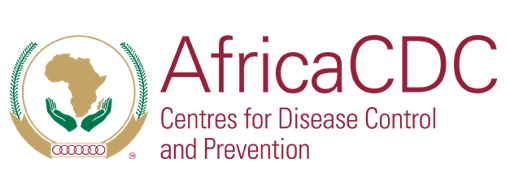
Durban is set to host the 4th International Conference on Public Health in Africa (CPHIA 2025) from October 22 to 25, under the theme: “Towards Self-Reliance to Achieve Universal Health Coverage and Health Security in Africa.”
Co-hosted by the Africa Centres for Disease Control and Prevention (Africa CDC) and the South African government, in partnership with AfricaBio’s 8th Annual BIO Africa Convention, the conference will bring together political leaders, policymakers, researchers, innovators, civil society representatives, and youth leaders.
The aim is to chart a path toward resilient, self-sustaining health systems across the continent.
“CPHIA is a critical step in the efforts of African countries and the Africa CDC to build strong and self-sustaining health systems,” said Dr. Jean Kaseya, Director-General of Africa CDC.
“It provides a strategic platform where leaders, public health experts and communities can rethink and transform health financing, so that the continent’s health security is driven by African leadership, innovation and partnerships.”
The 2025 edition of the conference carries particular global significance, occurring ahead of the G20 Health Ministers’ meeting under South Africa’s presidency in November. The resulting Durban Declaration is expected to present Africa’s united voice on health issues and highlight homegrown solutions for global health reform.
“The CPHIA represents a critical opportunity to advance an African health agenda based on self-reliance and transformation,” said Professor Olive Shisana, co-chair of the conference.
“We want to agree on a Durban Declaration that will place these priorities at the forefront of the G20 and Global Fund meetings scheduled for November.”
The conference will focus on three strategic pillars.
First, financing the future by investing in resilient and sustainable health systems, while creating innovative mechanisms for managing health priorities. Second, strengthening local production of vaccines, medicines, and diagnostic tools to reduce reliance on imports and assert Africa’s health sovereignty.
Third, transforming primary healthcare through African-led innovations such as telemedicine and AI-driven digital solutions to expand access and improve quality, particularly in rural and underserved areas.
“Together, we can mobilize the African life sciences ecosystem to strengthen the continent’s health resilience and autonomy,” said Dr. Nhlanhla Msomi, President of AfricaBio, highlighting the partnership between public health and scientific innovation.
Led by Professors Olive Shisana and Placide Mbala Kingebeni of the Democratic Republic of Congo, the conference’s scientific committee includes experts from over 20 countries, promising a dynamic, data-driven agenda that could shape Africa’s health priorities for years to come.



